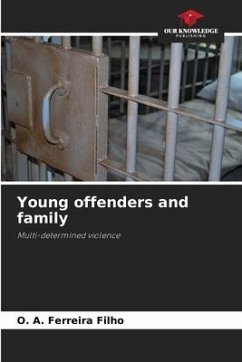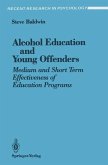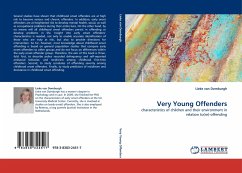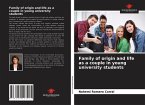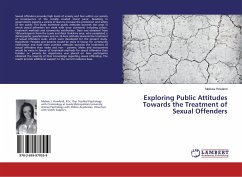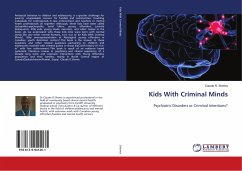Many families live under risk factors and vulnerabilities that influence family dynamics, affecting the psychosocial stability of young people, criteria that are, according to some authors, triggers for committing crimes. Understanding the role of this family is of fundamental importance in planning public policies. A quantitative and qualitative study was carried out, consisting of field research, with exploration of documentary data and semi-structured interviews with adolescent offenders detained in the Interinstitutional Integrated Duty and their family members / guardians. Determinants of offending behaviour are: social and material deprivation; amorphous family structure; domestic violence; school dropout; inoperative social assistance network; the family, due to multifactorial problems, is incompetent in supporting the biopsychosocial development of adolescents, leading them in many cases to commit offences.
Bitte wählen Sie Ihr Anliegen aus.
Rechnungen
Retourenschein anfordern
Bestellstatus
Storno

